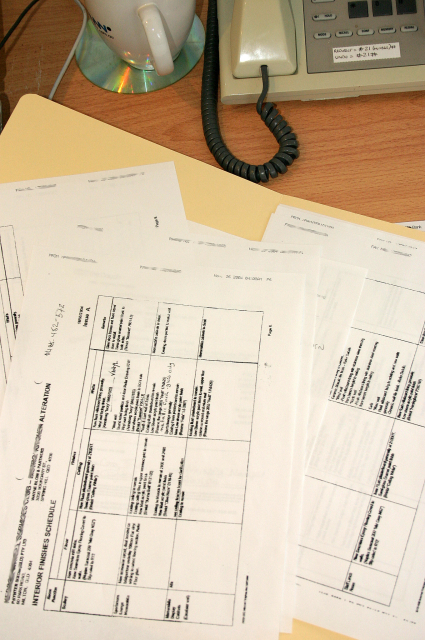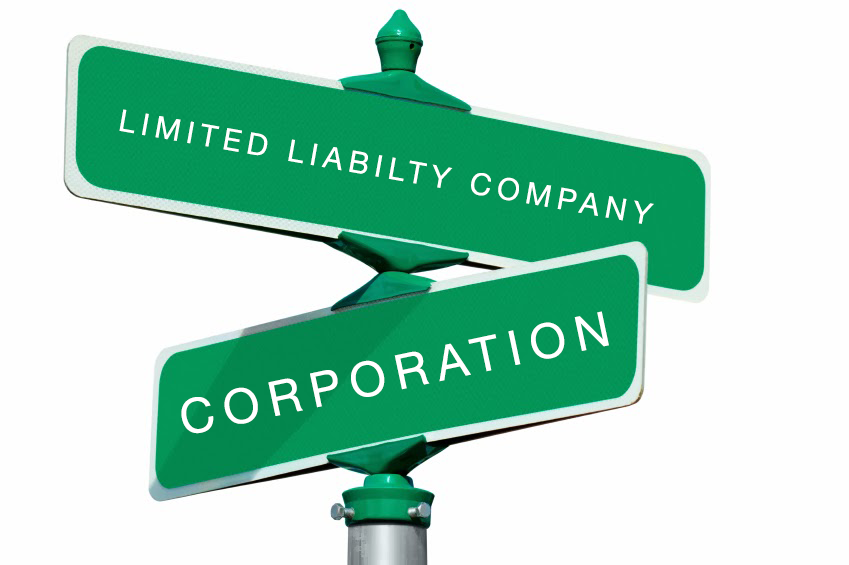A sole proprietorship is the simplest and least expensive, at least in terms of initial startup costs, type of business form to start. If you are an individual involved in a for-profit business, are the sole-owner and decision-maker of the business, then you are automatically considered a Sole Proprietorship. A sole proprietorship business form appeals to individuals starting a new business that is intended to remain small, does not involve great exposure to personal liability, and does not warrant the expense of incorporation nor the ongoing expense of corporate formalities. Often times, professionals such as doctors, lawyers, architects, and accountants may operate as sole proprietors in the early years of their practice to avoid the expense and formalities associated with other business forms.
While sole proprietorships require there only be a single owner/decision maker of the business, a husband and wife can generally conduct business jointly and hold joint title to business assets in both names and still come within the definition of a sole proprietorship. See, CaliforniaCorp. Code § 16202(c)(1).
Nontax Considerations
In a sole proprietorship, the owner is personally liable for the obligations and liabilities of the business, even in excess of the amount invested. Thus, as a sole proprietor both your business and personal assets are at risk. Even if you have insurance, you may still be personally liable for business debts if claims are in excess of your policy limits. Because of the unlimited personal liability associated with Sole Proprietorships, individuals with substantial net worth who are involved in businesses that deal with hazardous materials, products, or are otherwise likely to be involved in a lawsuit tend to avoid the Sole Proprietorship business form. In these instances, the savings associated with the easy of starting and operating a Sole Proprietorship outweigh the liability risks.
Raising Capital
The capital used in a sole proprietorship is limited to the personal funds of the owner and to the owner’s ability to borrow. Sole Proprietorships do not offer any formal mechanisms through which to raise capital, such as issuing stock or membership interests. The owner of a Sole Proprietorship is likewise personally liable for any monies borrowed to fund the business, even if they go out of business.
Continuity of Existence
A Sole Proprietorship ends with the death or incapacity of its owner, unlike the corporate form, or certain types of non-corporate business forms which may continue indefinitely. Thus, if you want to start a business that will continue after your death, a sole proprietorship may not be right for you.
Tax Considerations
A sole proprietor includes his or her profits (or losses) in personal income. While revenues generated from the Sole Proprietorship are not subject to double taxation, as is the case with Corporations, the owner pays a self-employment tax, which is the self-employed person’s social security and Medicare taxes. These self-employment taxes are sometimes referred to as FICA taxes, and are roughly equal to 14% of the businesses net income.
If you have any questions about starting a Sole Proprietorship or any other business form, contact me today. I’m happy to discuss the options available to you, and help you select a business form that will best achieve your goals.




